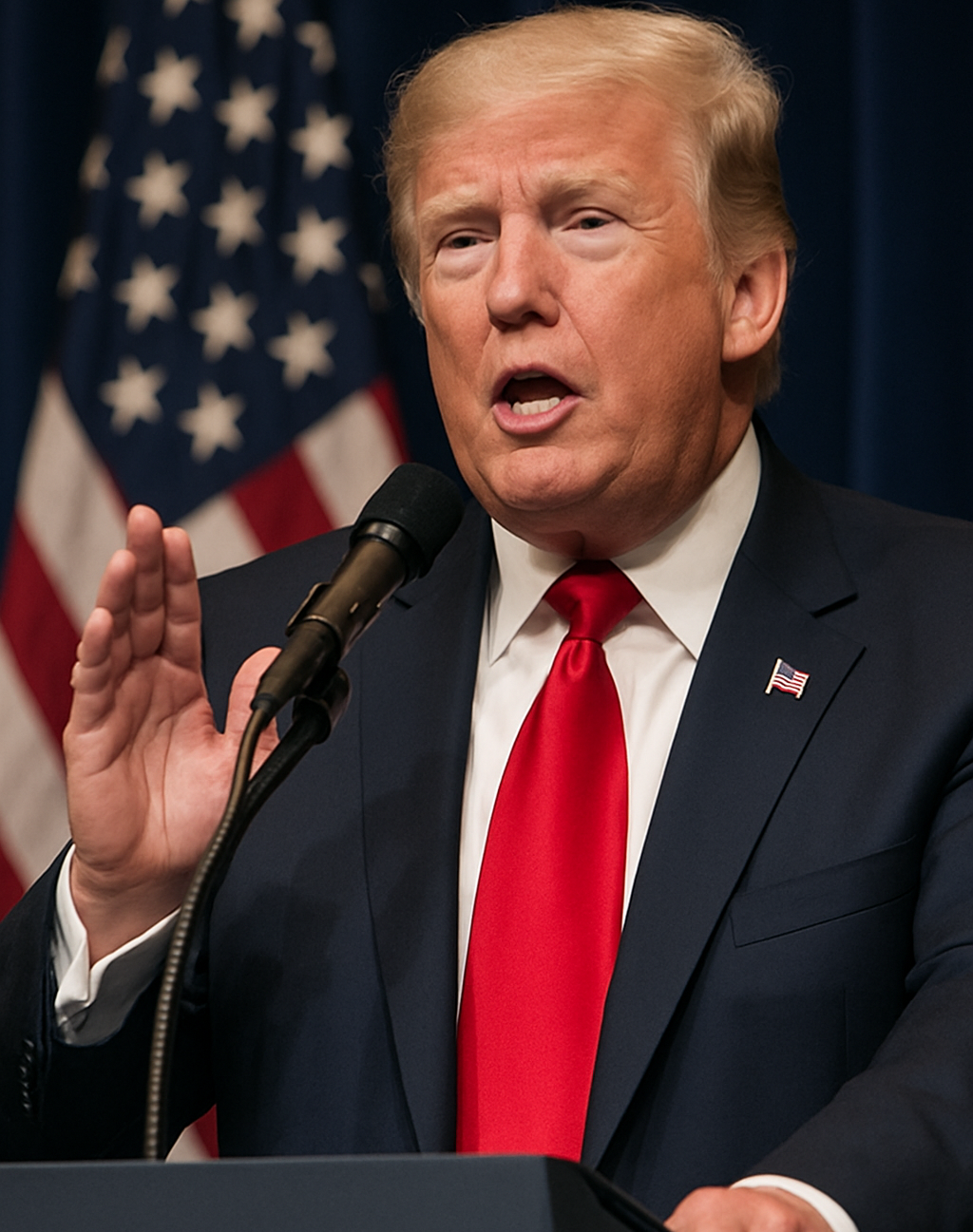U.S. President Donald Trump sparked fresh controversy this week after suggesting that certain American citizens convicted of violent crimes should be deported, even if they were born in the United States. During a visit to a migrant detention center in Florida, Trump criticized what he described as a wave of violent incidents in cities like New York and proposed drastic measures to address it.
“I think we ought to get them the hell out of here, too, if you want to know the truth. So maybe that will be the next job,” Trump told reporters, referring to individuals involved in violent acts such as attacking others with baseball bats or knives. Despite acknowledging that many of these individuals were born in the U.S., Trump maintained that their citizenship should not protect them from removal if they pose a threat to public safety.
His remarks come amid renewed scrutiny of a U.S. Justice Department memo released last month that outlines conditions under which naturalized citizens can have their citizenship revoked. According to the document, citizenship may be stripped from individuals who obtained it fraudulently, committed war crimes or serious human rights violations, or have been involved in terrorism or organized crime. While the memo primarily focuses on naturalized citizens, Trump’s comments appeared to go a step further by implying that even native-born Americans could be considered for deportation.
“Even if we forget about them, we’ve had some very bad accidents in New York. They were not accidents,” Trump said, suggesting that many violent incidents are deliberate and potentially preventable. He emphasized the need to act decisively, framing deportation as a possible deterrent to crime.
According to a report by Axios, the U.S. government denaturalized approximately 305 individuals between 1990 and 2017. If expanded under a future Trump administration, such a policy could potentially impact as many as 25 million people, raising significant legal and constitutional questions. Critics argue that deporting U.S.-born citizens would violate the Constitution, which guarantees citizenship by birth under the 14th Amendment.
While Trump did not elaborate on how such a policy would be implemented or whether legal changes would be sought to make it feasible, his statements have reignited debates about citizenship, public safety, and the limits of presidential authority. Legal scholars and civil rights advocates are expected to closely examine the implications of any future proposals that would challenge the traditional concept of birthright citizenship.
Trump’s comments, made in the context of rising concerns over crime and immigration, signal a potentially radical shift in enforcement strategies should he return to the White House in 2025.








